UNDP provides $1.5m to help the urban poor stay home
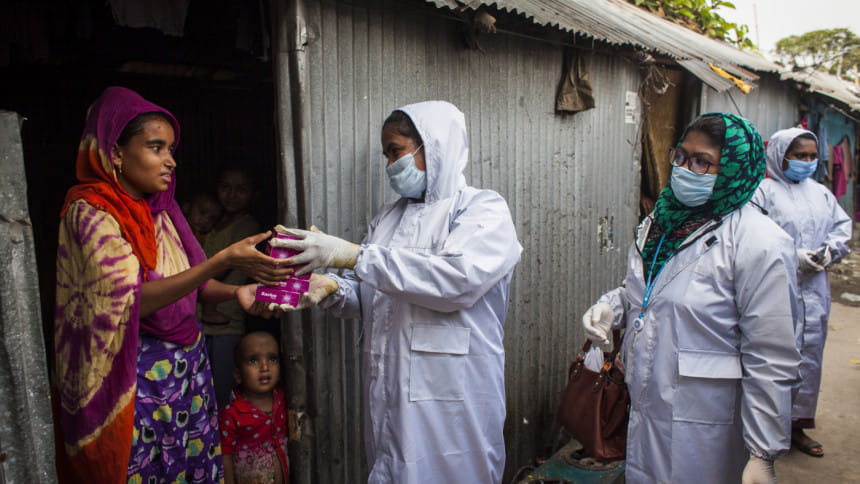
United Nations Development Programme (UNDP), with support from the UK Department for International Development (DFID) and Bangladesh government, is rolling out $1.5 million in emergency food support for 50,000 extremely poor urban families.
It aims to ameliorate some of their immediate hardships and counter potentially devastating socio-economic impacts of the Covid-19 pandemic, UNDP said in a statement today.
This emergency Covid-19 response initiative has been implemented under UNDP's Livelihoods Improvement of Urban Poor Communities Project (LIUPCP) -- a joint project being implemented by the Local Government Division of Bangladesh, DFID and UNDP with an aim to reduce urban poverty.
"Reaching the urban poor and vulnerable very quickly and rapidly is always challenging in a global crisis like the Covid-19 [outbreak]. I am very pleased that DFID, in partnership with the Government of Bangladesh and UNDP, was able to respond so quickly," said Judith Herbertson, DFID Bangladesh Country Representative.
She said the livelihoods of a large number of urban poor have been severely disrupted due to the lockdown and the loss of income. The project is responding to the situation in a number of ways, including providing hand washing facilities and cash grants.
Covid-19 has put Bangladesh in an unforeseen challenging situation that led the Bangladesh government to ask for shutdown of all economic activities, except for emergency services, and urge people to restrict their mobility and stay at home.
"What we are trying to do under this initiative, is to make things easier for people to follow the public order, which is to stay home and prevent the virus from spreading and therefore, this partnership will deliver food at the doorsteps of the poor households," said Sudipto Mukerjee, Resident Representative, UNDP Bangladesh.
"We are targeting 2.16 million urban poor people to keep them safe from coronavirus. I thank DFID for their timely support," he said.
The urban low-income communities in Bangladesh are exposed to high risk of infections for overcrowded living conditions with inadequate sanitation and WASH (water, sanitation and hygiene) facilities.
DFID grants another £3m for awareness raising activities in urban slums
The DFID has provided another £3 million to UNDP to reach at least 2.16 million people in urban slums across 20 City Corporations and municipalities for awareness-raising activities and handwashing facilities.
The strong network and platform established by the project at the city corporations and municipal levels are being used to promote preparedness and early actions against the pandemic with a focus on vulnerable populations, including women, children, the elderly and persons with disabilities (PWD).
Around 1200 community workers, with full personal protection, are working on the ground to promote coronavirus prevention awareness, including individual hand washing habit, and distribution of hygiene packages that include soap, hand sanitiser, etc. among the urban poor households.
The project has also started installation of 2,500 hand washing facilities at the poor settlements and is working to sensitise and build capacities of health officials and volunteers in 20 cities.

 For all latest news, follow The Daily Star's Google News channel.
For all latest news, follow The Daily Star's Google News channel. 

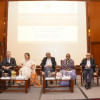
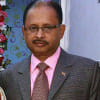
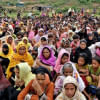
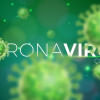
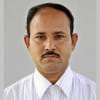


Comments